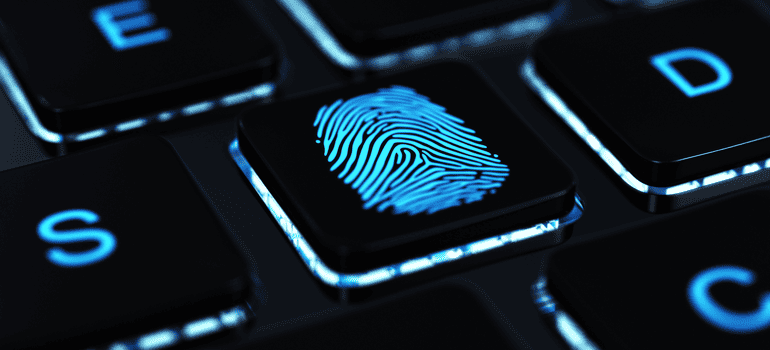
Banks Will Play a Critical Role in Digital Identity Adoption
 What could be more important than your identity?
What could be more important than your identity?
The recognition and authentication of an individual’s identity, together with associated rights, is becoming a priority for governments around the world.
From a world development perspective, identification—whether through civil registries or other national identification systems—means inclusion and access to essential services, such as health care, education, electoral rights, financial services, social safety net programs, as well as effective and efficient administration of public services, transparent policy decisions and improved governance.
It’s equally important for the business world. Banks and businesses across verticals are facing harsh competition from technology companies that build seamless online experiences around one’s digital identity. Ever-increasing volumes of digital transactions and the complexity of the payments ecosystem, including watches that allow consumers to pay for purchase, force financial institutions to understand the role of a digital identity in security and growth opportunities. Five key trends, according to the World Economic Forum, are increasing the need for efficient and effective identity systems:
- Increasing transaction volumes: The number of identity-dependent transactions is growing through increased use of the digital channel and increasing connectivity between entities.
- Increasing transaction complexity: Transactions increasingly involve very disparate entities without previously established relationships (e.g., customers and businesses transacting cross?border).
- Rising customer expectations: Customers expect seamless, omnichannel service delivery and will migrate to services that offer the best customer experience.
- More stringent regulatory requirements: Regulators are demanding increased transparency around transactions, meaning that financial institutions require greater granularity and accuracy in the identity information that they capture and are increasingly being held liable for inaccurate or missing identity information.
- Increasing speed of financial and reputational damage: Bad actors in financial systems are increasingly sophisticated in the technology and tools that they use to conduct illicit activity.
Meanwhile, solutions like PayPal, Venmo, Stripe, Square Cash, and other leading examples set the bar for financial institutions of any size so high, that consumers’ expectations alone can bury a traditional institution that is not able to catch up. One of the reasons those solutions have been able to gain ground is the ease of signup and use. They are tied to strong digital identity verification and authentication rails, enabling them to offer smooth and secure mobile payments and online shopping experiences.
Banks, nonetheless, play a role as major gatekeepers for third-party solutions as identity is currently a critical pain point for innovation in the financial services industry. The lack of digital identity limits the development and delivery of efficient and secure, digital-based fintech offerings.
Many fintech startups are trying to deliver pure digital offerings, but the process of identifying users consistently forces them to use traditional rails established by institutional sector. These fintech innovators now see the development of a new generation of digital identity systems as being crucial to continuing innovation. Banks, being the primary verifiers of one’s identity in the financial sector, hold the keys to development of innovative, digital-based solutions. Digital identity would allow financial institutions to perform critical activities with increased accuracy over that afforded by physical identity, and to streamline and partially or fully automate many processes, according to the World Economic Forum.
The WEF suggests that physical identity systems currently put users at risk due to overexposure of information and the high risk of information loss or theft; they also put society at risk due to the potential for identity theft, allowing illicit actors to access public and private services, using easy-to-steal numbers such as credit cards and social security numbers. Digital identity would streamline the completion of these public and private transactions.
Having established massive repositories of records and deep understanding of their customers, banks have a unique opportunity to transition from reliable physical information to reliable digital identity systems. Identity enables many societal transactions, making strong identity systems critical to the function of society as a whole, according to the World Economic Forum.
Identity is also central to the broader financial services industry, enabling delivery of basic financial products and services. Reliance on physical identity protocols introduces inefficiency and error to these processes. Digital identity has great potential to improve core financial services processes and open up new opportunities.

